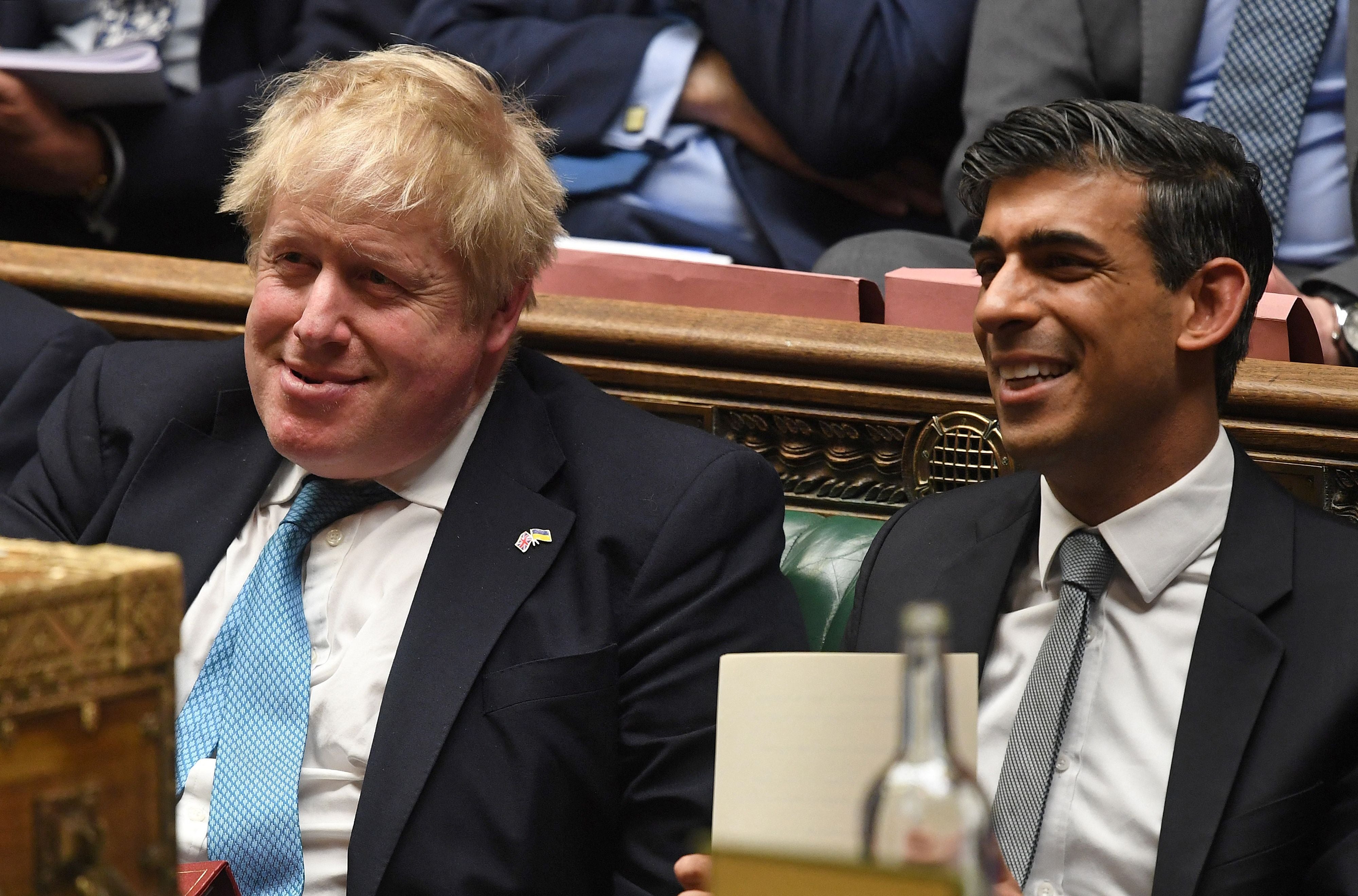No, Mr Johnson, you can’t keep families out of the Sunak tax affair
The ministerial code is quite clear, as Sean O’Grady explains


Thrice-married and twice-divorced, and approximately seven offspring, Boris Johnson is something of an expert on families, and indeed on the arts of electoral politics, if not ethics. His considered view, in the light of the revelations about the non-dom status of Rishi Sunak’s wife, is that “it is very important in politics if you possibly can to try and keep people’s families out of it”.
It’s a typically artful answer. It sounds very reasonable, because at least some spouses, and all children, parents and beyond, never asked their partner to get involved in the rough game of politics. Boris Johnson presumably never incited Stanley Johnson to slap female parliamentary candidates on their bottoms, as he is alleged to have done. One-time Labour home secretary Jacqui Smith was probably as embarrassed as anne else when it emerged that her chap had been watching films on a channel offering titles such as Happy Husbands and Willing Wives, Dirty Debutantes, and Sweaty Sex and claiming the cost back through her official expenses.
Mrs Thatcher was a famously indulgent mother, but can’t have been delighted when Mark found himself accused of involvement in a failed coup in Equatorial Guinea. So it’s understandable that politicians make the plea to “leave the families out of it”.
But they can’t, especially spouses. The nature of marriage, and civil partnership, is that the couple share their money as well as their everlasting love. So that creates potential conflicts of interest both for MPs and peers voting on legislation and for ministers framing policy. Some are obvious: as a spouse, talking about planning policy with property developers who donate funds to your husband’s party, or a husband buying shares in a company because their partner has inside information. Others are more subtle. Perceptions can be as damaging as reality. To claim that Johnson had a vested interest in making divorce easier, for example, is harsh; but it’s the kind of thing that can be thrown at the most blameless of people.
Which is the perceived problem with Akshata Murty. Her husband, chancellor of the exchequer, is in charge of making tax policy, including for non-domiciles. There’s no suggestion of wrongdoing, but the public is right to wonder how personal financial wealth running into hundreds of millions of pounds can be kept hermetically sealed. The sheer scale of her wealth adds to the difficulties. The Ministerial Code clearly states that interests “should also cover interests of the minister’s spouse or partner and close family which might be thought to give rise to a conflict”.
“Might be thought” fully covers the situation in which the Sunaks found themselves when he became chancellor. If it’s going to be in the media, the rule suggests, then it needs to be put in the public domain. So it proved. And that is why they can’t keep families out of this.



Join our commenting forum
Join thought-provoking conversations, follow other Independent readers and see their replies
Comments